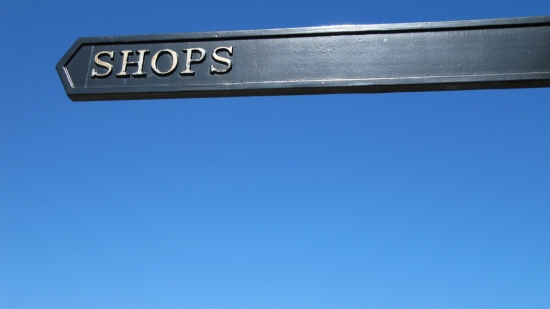This time last year, many of the surveys and studies coming from the retail industry showed that small retailers were struggling to keep their heads above water. High business rates, increasing utility bills and low consumer confidence all contributed to the bleak outlook for independent stores, with many closing each week, highlighting further the issue of high street vacancy rates.

Fast forward to January 2014, however, and the news could not be more different. According to the Office for National Statistics (ONS), small retailers saw an 8.1 per cent rise in like for like sales in the run up to Christmas compared to a comparatively meagre 2.6 per cent lift in their larger high street counterparts, causing the ONS to claim that small high street businesses are driving the retail industry’s recovery.
While sales at small independent stores specialising in food and groceries fell relatively flat in December, those stocking household goods, jewellery, toys and second hand merchandise saw a much higher level of success. In fact, the average sales rise for small stores in areas outside food and clothing equated to 12 per cent.
This trend was especially prevalent in London, with data from the New West End Company – a body which represents businesses in central London – showing that retailers in its network benefited from a 10 per cent year on year sales lift. Although the majority of retailers in the area are larger national chains, the independent retailers in the area contributed signifcantly to this total, which outperformed the rest of the UK’s average 6.1 per cent year on year sales increase.
Retail analyst Nick Bubb says; “London is clearly outperforming the rest of the UK economy, with West End retailers benefiting from both the boom in wealthy international visitors and the revival in activity and confidence in the City.”
Yet while the ONS seems positive that small retailers are experiencing a massive boost in fortunes, industry bodies have resoundingly refuted the claims based on the feedback from their members. In fact Michael Weedon, of the British Independent Retailers Association, claims that stores in smaller local communities “are seeing flat sales at best.”
He claims that price deflation has negatively affected retailers in the non-food categories, continuing; “What we’ve seen from our figures in three out of the last four quarters is that turnover has fallen because prices have been down.”
As for independent food retailers, their flat sales over the Christmas period could be largely due to the fact that supermarket chains are increasingly encroaching on high street space with their own brands of convenience stores. While statistics indicate that consumers now largely prefer to do their grocery shopping “little and often” in local high street stores, the ONS’s figures clearly demonstrate that independent food retailers are not benefiting from this trend.
Although vacancy rates have now fallen beneath 14 per cent for the first time in three years, according to figures from the Local Data Company (LDC), the question must be whether this is due to a booming entrepreneurial scene or the influx of supermarket-owned convenience stores entering town centres.
Do you think the ONS figures accurately reflect the business environment for small retailers?
Previous Post
China plans Property Register Crackdown on Corruption